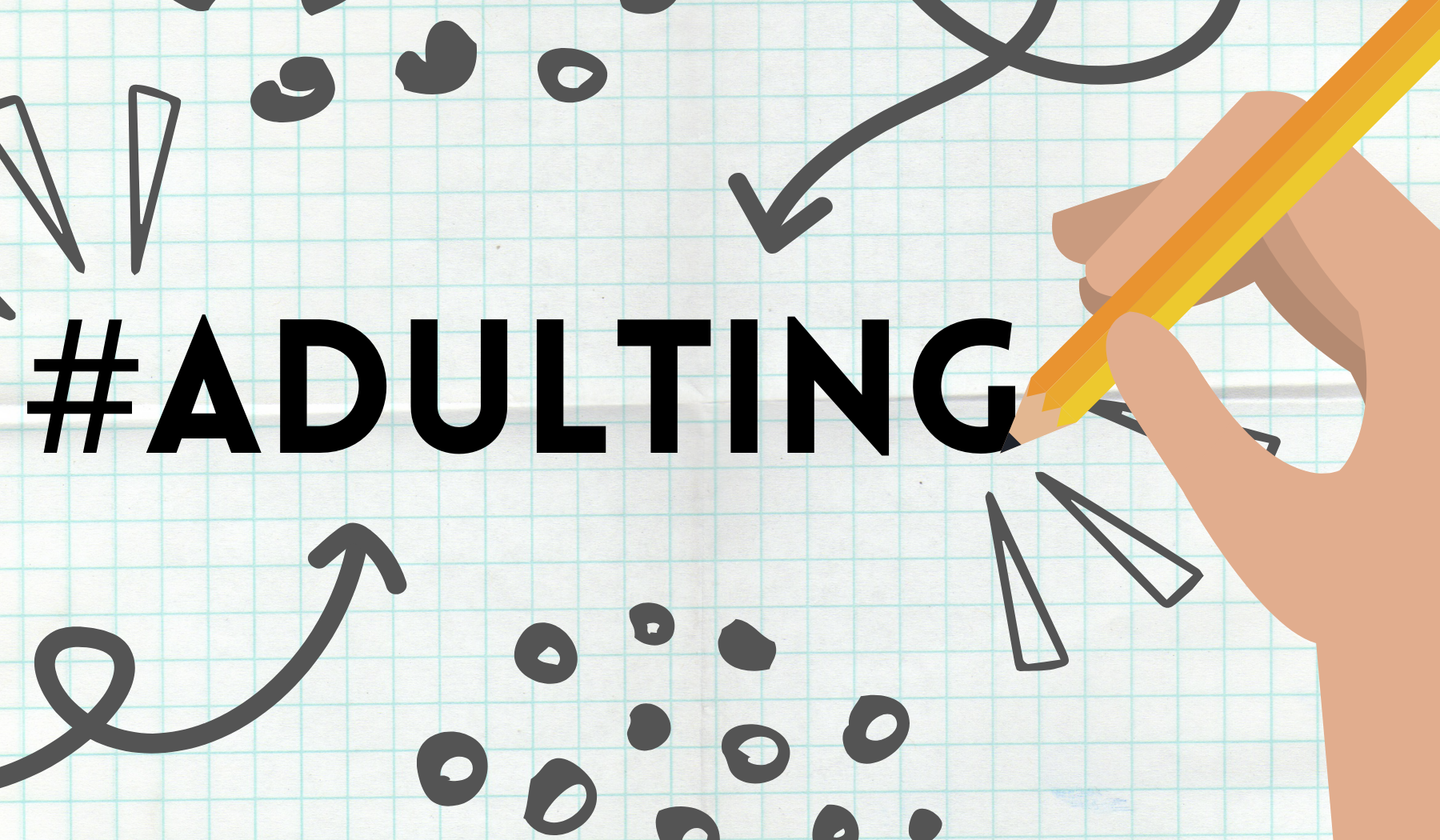
Address that stress with five different tips
By: Samuel Smith, Columnist
Views expressed in opinion columns are the author’s own.
Things are really uncertain right now. With everything going on, it’s understandable that people would be stressed. COVID-19 has been called traumatic by some therapists because many of the side effects, like loss of employment, social support, housing, and life, are traumatic. This stress and trauma can snowball into feelings of unbearable anxiety and depression. But there are ways to manage stress before it gets to that point.
1. Shift your focus.
The most important thing to do is focus on achievable goals, and not the things you can’t control. I like to plan out my day, and although I will often deviate from these plans, it gives me a sense of what to expect. It also gives me an idea of what is controllable in my life. There are many stressors we can’t change – we can’t find a cure for COVID-19 ourselves, we can’t choose to delay class an hour, and we can’t convince our professors to round our C up to an A, but we can manage when we study, cook, or take breaks in-between classes.
2. Find an outlet.
Processing stress is extremely important, especially during times like this. Focus on stress by seeing and acknowledging it. This could mean mindfulness, journaling, or venting to a friend. Or, focus your attention on distractions. It’s important for both of these methods to be used in a healthy manner. Playing video games can be a good way to distract from stress and process it at the same time, but playing for hours on end can become unhealthy. Turning to things like drugs and alcohol during times of stress often amplifies the stress in the long-term. This can foster an unhealthy relationship with substances or begin an addiction.
3. Learn your limits.
Finals are coming up. It may seem tempting to drink a Monster and cram for everything, but don’t do that. Instead, spread out your studying, and plan breaks. My therapist suggested I learn how long I can study before I become frustrated. Every study session I study for that amount of time or less and then I take a break. It doesn’t matter if you can study for five minutes or fifty minutes. Being able to study in these increments means you will end up studying more and more effectively in the long-term.
What you do during study breaks is also very important. Exercise has been shown to increase levels of dopamine in the brain and studies have shown a positive correlation between dopamine and memory formation. It doesn’t have to be crazy! You can go for a walk around the block, do yoga when classes are over or take one of Towson’s virtual group fitness classes. Scheduling exercise during your breaks also adds to the sense of control.
4. Slow down and breathe.
Breathing keeps us alive. Do you ever notice that when you get anxious your breathing gets shallow or faster? This is a common symptom of anxiety, and it ends up worsening those feelings. It’s a vicious cycle: you’re anxious, so you breathe faster, so you become more anxious… So on and so forth. It’s important to learn to become mindful of your breathing.
There are ways you can slow this down and, in turn, slow anxious thoughts. My two favorite methods are what I call “cube breathing” and 4-7-8 breathing. For cube breathing, you breathe in for four seconds, hold for four seconds, and out for four seconds. 4-7-8 breathing is similar – you breathe in for four seconds, hold for seven seconds, and breathe out for eight seconds. If one doesn’t work, I switch to the other one. Many smartwatches or fitness watches offer breathing exercises and there are plenty of apps that provide breathing exercises.
Something I like to pair with the breathing exercises is called “progressive muscle relaxation” (PMR) It’s simple. First, you pick a group of muscles. Then, you tense them as you breathe in, you hold your breath (and tension) for a few seconds, and you release those muscles as you breathe out. It can be simple – I like to use my fists. It can be more complicated, like this PMR script. You can also just scan your body in whatever order you want. If you’re more of an audio person, there are videos on YouTube. Progressive muscle relaxation is also really cool because it can help you be mindful of where you’re holding tension. As you relax your muscles, you’ll find where you’re holding it the most. This forces you to release that tension.
5. Talk to a professional.
Lastly, see a therapist. I put this last because I know therapy is inaccessible for so many people. Towson has short-term counseling through the Counseling Center and group counseling, but it’s often hard to find long-term therapists. There are many therapists who do sliding-scale if money is an issue, you can check with your insurance to see who is available and there are community mental health centers and therapists-in-training who can offer free or reduced prices.
While not therapy, there are also support groups like National Alliance on Mental Illness (NAMI) that can offer free support. Support is important during this time. Not only are we all isolated, but we often have problems that we can’t find the solutions to. Having a listening ear can help navigate the uncertainty.
Stress is hard. It’s hard on the mind, and it’s hard on the body. We are all, collectively, going through a prolonged traumatic experience. Take care of yourself. You’re the most important person in your life, you’ll be with yourself forever, it’s important to give yourself a little extra help right now.

